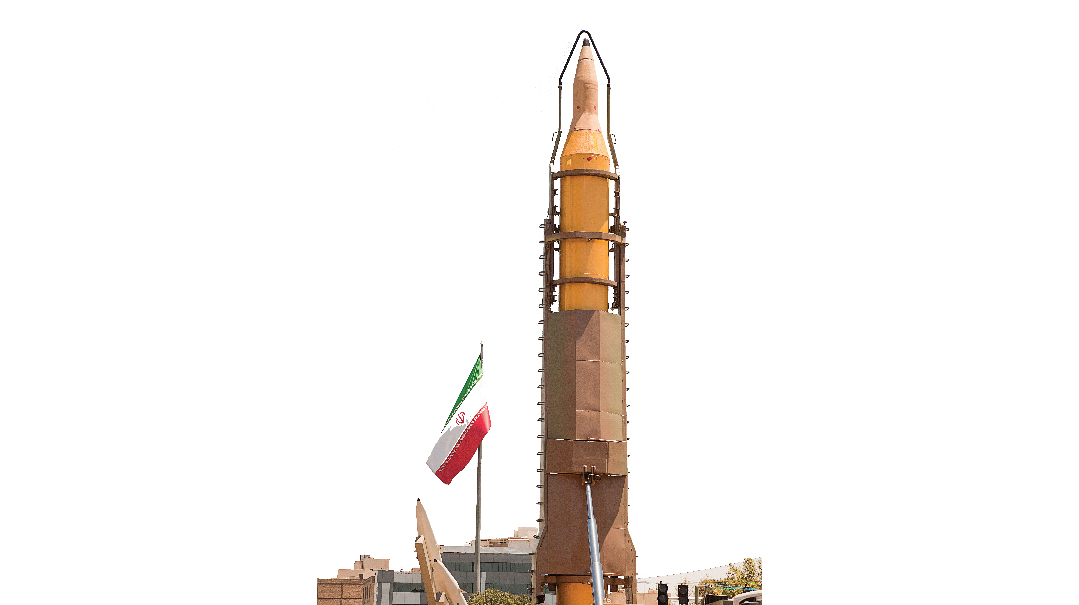Danon: White House Pushing toward Iran Showdown

The White House has been pressuring other countries, especially in Europe, to join them in extending the embargo, so far without success

The Trump administration used one of its last remaining tools to punish the Iranian regime last Wednesday, canceling waivers on sanctions that had allowed companies from China, Russia, and Europe to work with Iran on nuclear projects.
The ending of the waivers comes at a time when the administration has already indicated it will move to block the end of an international arms embargo on Iran in October. As part of the 2015 Iran nuclear deal, Iran was granted the right to buy weapons after five years in exchange for certain restrictions on its nuclear program. The White House has been pressuring other countries, especially in Europe, to join them in extending the embargo, so far without success.
“The entire system is gearing up ahead of October,” Danny Danon, Israel’s outgoing ambassador to the UN, told Mishpacha. “That’s why [the Americans] are taking a series of measures to secure support in the Security Council and put this subject on the UN’s agenda. It isn’t simple. But the Americans are determined.”
Washington is acting on several different fronts, using economic leverage as well as various restrictions to increase pressure. The Europeans have maintained that easing sanctions on Iran is the best way to resolve the showdown over the country’s nuclear program.
What do the Europeans hope to achieve with the Iranians?
“[They want] the Iranians to enter talks and improve their behavior. There have been attempts in the past to circumvent and isolate the United States. Thankfully, they failed. We see that in many countries, the private sector isn’t eager to cooperate with the Iranians. Large companies in France, for instance, despite substantial incentives and guarantees, have chosen not to do business with them.”
What you’re describing is a situation where the United States is on one side and the rest of the members of the Security Council are on the other. In a situation like this, is there any chance of reaching an agreement?
“There’s a chance to reach common ground, but if it happens, it will happen at the last minute. It’s possible to reach a compromise, such as certain restrictions being imposed [on arms sales]. Or the United States will get what it wants on the embargo but will agree to give up something else in exchange.
“I’m optimistic because I think the Americas are serious, and they’re investing a lot of resources. It’s impossible to know how it will end, but they do take it seriously.”
What is Israel doing to expose Iran’s behavior and highlight the dangers of lifting the embargo?
“Look at all the weapons Iran is distributing in the region today. They provide breathing space for terrorist organizations and increase tensions across the Middle East. Even now [under constant watch and despite attacks on convoys and military compounds] they’re doing it, but in a quiet, clever way, disguising arms trafficking as agricultural trade. They say it’s for civilian purposes, but in reality, it’s for military purposes.”
We know that the Iranian economy is in very bad shape. Might the poor economic conditions lead the regime to dedicate more money to domestic needs?
“They aren’t influenced by the difficult economic situation. Their proxies are still their first priority, and they continue dedicating resources to them.”
(Originally featured in Mishpacha, Issue 813)
Oops! We could not locate your form.













